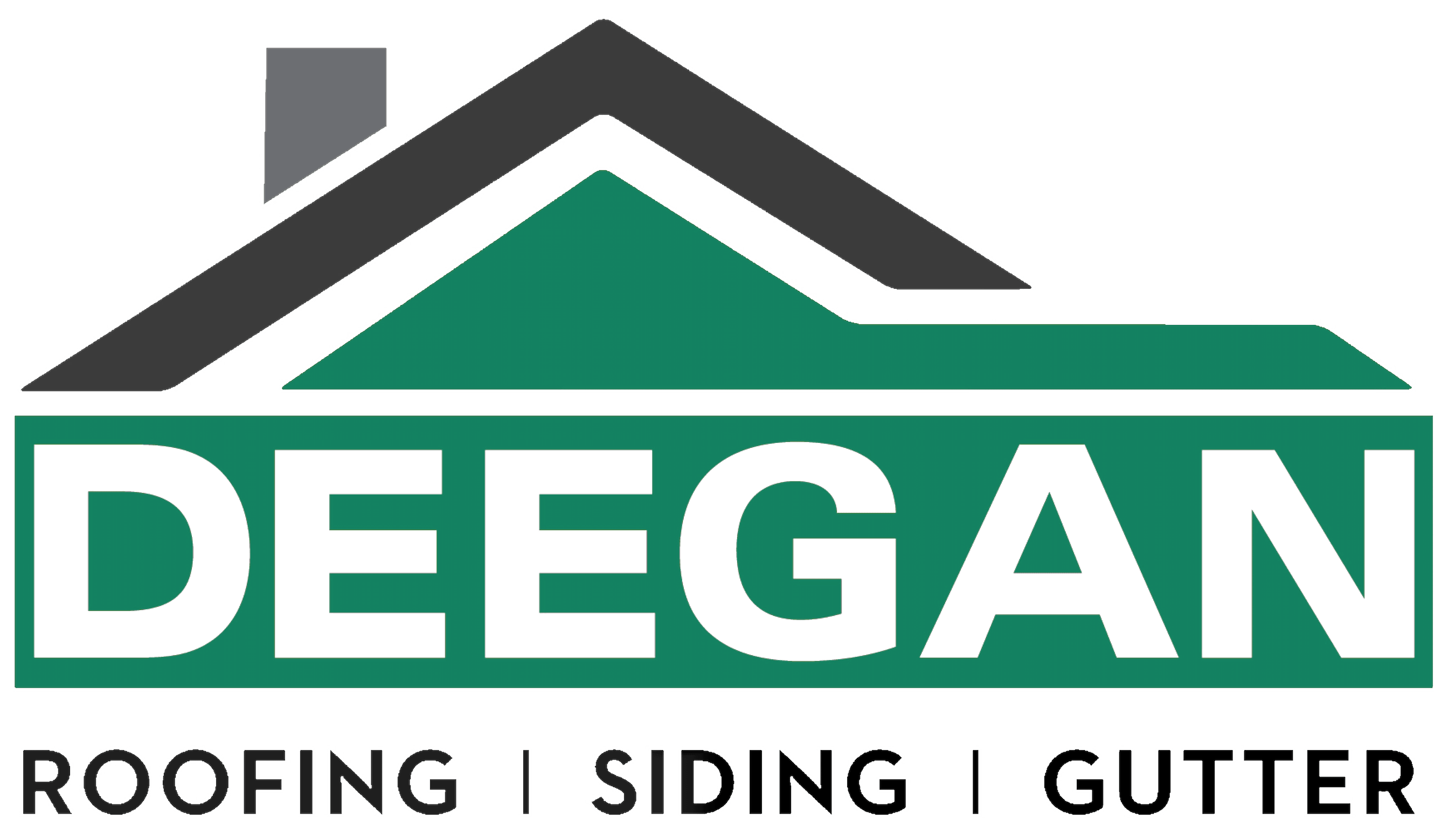When it comes to safeguarding your home from the elements, your roof plays a pivotal role. Whether you’re considering restoration, repair or replacement, understanding the ins and outs of the roofing contract is important. You want to know the majority of the terminology, as well as the meaning behind the contract. If you are a NJ homeowner seeking to learn more about roofing contracts, you are in the right place. Let’s learn how to decode contract jargon and also navigate the roofing contract with ease.
Roofing Contracts
A roofing contract provides legal safeguards for both homeowners and contractors, ensuring a clear, binding agreement for the project. Clear documentation of warranties for workmanship and materials gives homeowners long-term assurance and protection against unforeseen issues. Homeowners can negotiate terms, including project cost and payment schedules, fostering flexibility and fair agreements within legal boundaries.
The Significance of a Roofing Contract
A roofing contract is more than just a piece of paper; it’s a legally binding document that formalizes the agreement between you, the homeowner, and the roofing contractors. Its primary purpose is to clearly outline the scope of work, materials, costs, timelines, and warranties associated with your roofing project. Before delving into the specifics of a roofing contract, let’s explore why having one is crucial for both parties involved.
Legal Protection: A well-crafted roofing contract legally protects both you and the contractor. It establishes a framework for the entire project, reducing the likelihood of disputes and providing a basis for resolution if issues arise.
Clarity on Payments: The contract ensures that the payment schedule is explicit, protecting the contractor from potential payment-related claims. As a homeowner, this clarity offers peace of mind, assuring you that the agreed-upon work will be delivered at the agreed-upon price.
Documentation of Work and Price: Putting the details of the project in writing ensures that everyone is on the same page. It defines what work will be done, the materials to be used, and the overall cost. This transparency is essential for avoiding misunderstandings and setting realistic expectations.
Warranty Understanding: A roofing contract outlines any warranties provided by the contractor, both for their workmanship and the materials used. This protects you by ensuring that you understand the extent of coverage and can address any issues that may arise.
Now, let’s break down the key components that every roofing contract should include and what New Jersey homeowners need to consider.
- Business Details
The contract should start with basic information about the roofing company. Ensure it includes the contractor’s license number, insurance details, and physical address. This information validates the legitimacy of the business. Similarly, your details, including name, address, phone number, and email, should be included. Copies of the contractor’s proof of insurance, covering bonding, worker’s compensation, and liability, must be provided. Additionally, ensure compliance with local codes and state laws is documented.
- Scope of Work
This section defines precisely what the roofer will be doing. If you’ve opted for a complete roofing system, details about accessories such as ridge cap shingles, leak barriers, vents, roof deck protection, and starter strip shingles should be specified. Clarity on the scope of work helps prevent misunderstandings and ensures that both parties have a shared understanding of the project.
- Duration of Project
A realistic timeline for the project is crucial. While start dates can vary, the contractor should be transparent about their availability and provide an expected duration for completion. Factors such as the size of the home and weather conditions can influence project timelines. Including a “no later than” clause can provide assurance and accountability in case of delays.
- Materials and Services
List all materials and services included in the project. Beyond basic roofing and labor, discuss permit acquisition fees, cleanup, and disposal services. Specify product names and provide information about manufacturer warranties for these products. This ensures that you know exactly what you’re paying for and can refer back to it if questions arise during or after the project.
- Warranties
Clearly describe any warranties offered by the contractor. This includes warranties on workmanship and limitations, as well as limited warranties covering materials in case of defects. Having a separate document acknowledging your understanding of these warranties can serve as an extra layer of protection.
- Installation Methods
Specify how different roofing components will be installed. For example, if you’re paying for a wind-resistance limited warranty, the contract should outline the installation method, such as the number of nails used for securing shingles.
- Payment Schedule
The payment schedule and deposit requirements can vary. While you can expect to pay a deposit, it should not cover the entire project cost. Typical payment schedules involve an initial deposit, a second payment upon material delivery, and a final payment upon project completion. Negotiating payment terms that work for both parties is possible.
- Provisions for Unforeseen Circumstances
Unforeseen circumstances can impact project costs. The contract should include estimates for potential additional expenses due to unexpected issues that may arise during the project. This prepares both parties for any adjustments that might be necessary.
- Option to Terminate the Contract
Understanding the terms of terminating the contract is crucial. The contract should outline the notice period required, any payments associated with termination, and whether deposits are refundable. This ensures a fair and clear process if either party needs to end the agreement.
Negotiating and Understanding Your Roofing Contract
While certain aspects of the roofing contract may be influenced by state laws, many terms are negotiable. Homeowners can negotiate the price, payment terms, and other contract details. Clear communication is key to avoid misunderstandings, and having a legal professional review of the contract can provide an added layer of assurance.
Contact a Top-Rated NJ Roofing Contractor Today
Decoding the roofing contract is a crucial step for New Jersey homeowners embarking on a roofing project. A well-structured and transparent contract sets the foundation for a successful collaboration between you and the roofing contractor, ensuring that your investment in a reliable and durable roof is a smooth and protected process. Remember, a reputable contractor will always prioritize clear communication and transparency throughout the contracting process, making your roofing project a positive and stress-free experience.
Contact Us
Family-owned and operated, Deegan Roofing Company has been installing and servicing residential and commercial roofing customers in the New Jersey area for over 30 years. If you are concerned about your roof surviving the upcoming winter weather or are currently experiencing roofing problems, it’s never too late to contact Deegan Roofing to get your roof inspected before winter. Website https://www.deeganroofing.com/ Address: 345 Terrill Rd, Scotch Plains, NJ 07076 Hours: Open 8:30 AM ⋅ Closes 5:30 PM
Phone: (908) 322-6405

